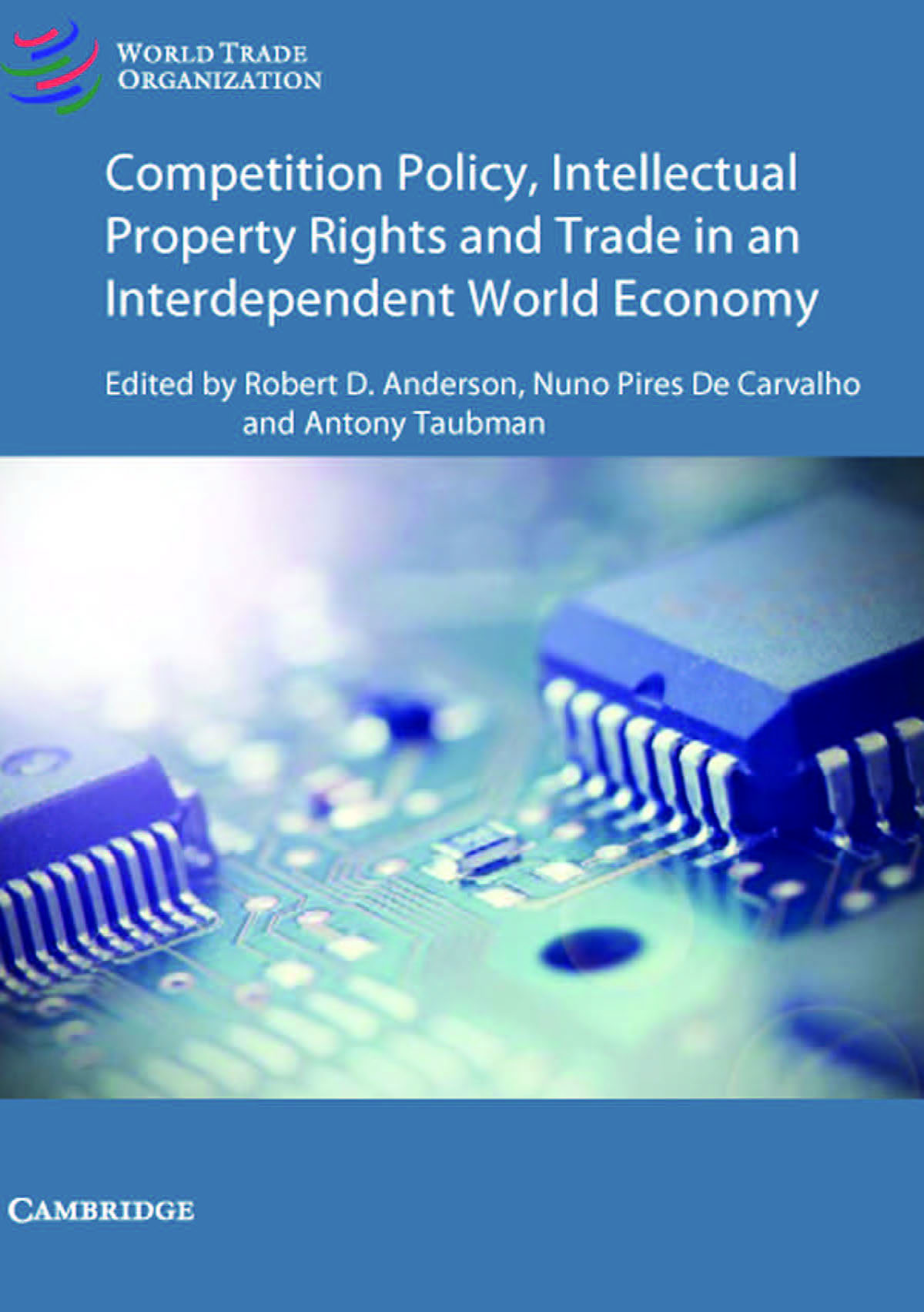Editor’s Note: In the midst of China’s once-a-decade top leadership transition, The Wall Street Journal invited Brookings’s Cheng Li and Minxin Pei of Claremont McKenna College to debate the chances for political reform. In the final round of the debate Li and Pei discuss whether China can tackle the vested interests blocking reform. Read an excerpt below. (Read also Part 1 and Part 2.)
China Real Time: Vested interests like state owned enterprises, local government and real estate developers are seen as a barrier to reform. Do you think China’s new leaders will be able to take them on?
Cheng Li: The state monopoly is the main problem of China’s political economy. It’s really out of control, and that’s a main cause of corruption. You can see that in recent cases in railroad, telecoms and oil sectors.
Worse, these monopoly industries also have less or even no incentive to innovate due to the monopolies. They hurt the Chinese private sector, hurt the middle class and also hurt foreign firms.
Solving that problem is tough, the state monopoly is powerful. But leaders need to make tough decisions because without a crackdown, China’s economy will not sustain the growth rate they hope for, and the middle class in the non-state sector will be on the verge of revolt.
The problem of state monopoly is tied to the real estate bubble. Chinese official studies indicate, in Beijing city, there are 3.8 million units empty. They already have owners, but they are empty for speculation.
Why is there so much middle class money going into property? It’s because of state control of large sections of the economy, especially the banking system. It means there are few other investment options. Breaking up state monopolies, along with reform of the banking system, would mean more opportunities for small business, more profitable investment options for the middle class and less risk in the property sector.
In Part 1 of the debate Li and Pei explained what sort of reform they thought China needed and argued over whether China’s incoming leaders should be considered reformers. In Part 2, they addressed whether or not the Communist Party system itself will allow for reform.






